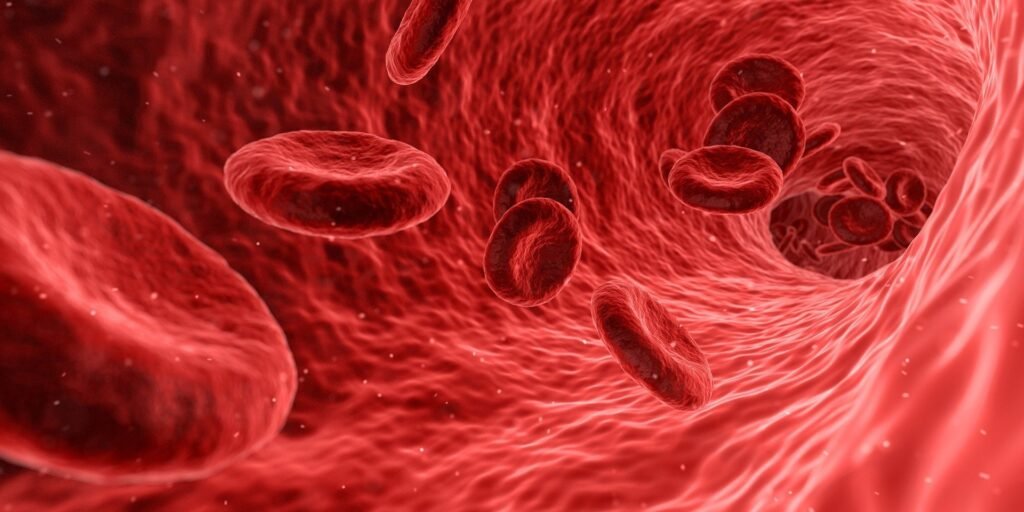Mucormycosis, a fungal infection caused by Mucorales, poses a serious threat to individuals with weakened immune systems and those who have experienced severe trauma such as burns, blast injuries, or natural disasters. The disease has been particularly devastating among COVID-19 patients who were treated with high doses of corticosteroids, with mortality rates reaching close to 60 percent. In the United States, there are approximately 4,000 cases of mucormycosis reported each year, while in Southeast Asia, particularly in India where the disease is endemic, the rate is as high as 200,000 cases annually. Despite the availability of vaccines and immunotherapies for viruses and bacteria, effective antifungal immunotherapies for mucormycosis are currently lacking.
Dr. Ashraf Ibrahim, a researcher at The Lundquist Institute for Biomedical Innovation at Harbor-UCLA Medical Center, has been leading efforts to address this gap in treatment options for mucormycosis. Together with Assistant Research Scientist, Dr. Yiyou Gu, they have been exploring the use of monoclonal antibodies to target key fungal cell surface proteins that play a critical role in the invasion of human cells by the fungus.
Their research, titled “A humanized antibody against mucormycosis targets angioinvasion and augments the host immune response,” was recently published in the prestigious journal Science Translational Medicine. In this paper, Dr. Ibrahim and Dr. Gu discuss the development of a humanized antibody called VX-01, which has shown promising results in binding to the fungus and preventing its invasion of human cells. This breakthrough could significantly improve the current treatment options for mucormycosis and enhance the overall outcome for patients battling this deadly infection.
Mucormycosis primarily affects individuals with compromised immune systems, such as those with poorly controlled diabetes, cancer patients undergoing chemotherapy, and transplant recipients. The infection is aggressive and requires immediate medical attention, often leading to disfiguring surgeries to remove infected tissues. One of the challenges in treating mucormycosis is the damage to blood vessels, which hinders the delivery of antifungal drugs to the site of infection. Dr. Ibrahim and Dr. Gu’s humanized antibody, VX-01, has shown the ability to protect human cells and blood vessels from damage caused by the fungus, thus allowing for more effective delivery of antifungal therapies.
Early tests of VX-01 have demonstrated its safety and efficacy in targeting the fungus without harming healthy cells. This promising development has led to the granting of commercial rights to Vitalex, a spin-off company of The Lundquist Institute, to further advance this potentially life-saving treatment for mucormycosis patients.
The groundbreaking research conducted by Dr. Ibrahim and Dr. Gu offers hope for individuals at risk of mucormycosis and highlights the importance of innovative immunotherapies in combating deadly fungal infections. Their dedication to advancing the field of infectious disease research underscores the critical need for new and effective treatments to address the growing threat of mucormycosis worldwide.


